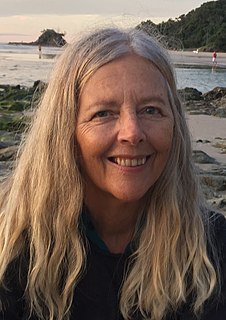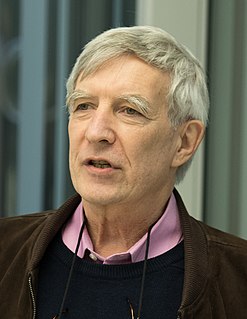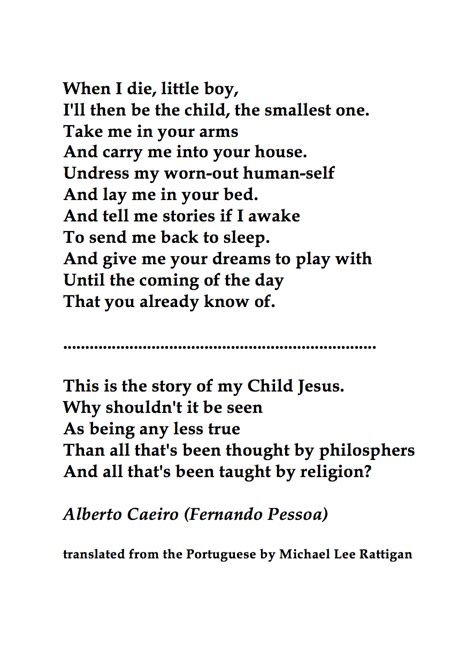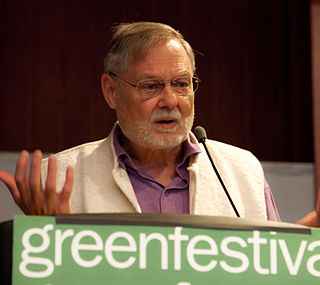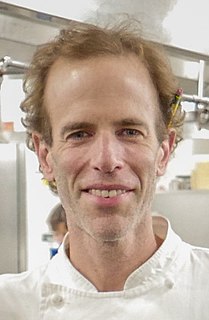A Quote by Helena Norberg-Hodge
Throughout the world today there is a gowing awareness of the failings of the Western model of development and a corresponding desire to look for more human-scale, ecological ways of living.
Related Quotes
Throughout the world today there is a gowing awareness of the failings of the Western model of development and a corresponding desire to look for more human-scale, ecological ways of living. If Ladakh now succeeds in creating for itself a future which retains the foundations of its traditional past, it will be an inspiring example of how all the various elements of an ecological future fit together.
There is at the moment in the world a battle going on between those who are pursuing materialistic paths-globalizers of economic growth and those hell-bent on this 'big is better' idea-on the one hand, and on the other hand those who are dedicated to spiritual renewal, more small-scale development, more human scale, more sustainability, more crafts and arts. Where human beings are not just sold to companies and money and those kinds of things. Where human beings have a sacred path.
The system of technological production that we have today has been justified in terms of creating more goods to feed more people and to meet more needs. But it actually destroys more of the resources that we need in order to meet those multiple needs. If we shift to an ecological perception, a diversity perception, we realize that some of the instruments of which we are very proud are actually extremely primitive for dealing with nature. To me that is the great lesson of ecological awareness at the turn of the millennium.
The new paradigm may be called a holistic world view, seeing the world as an integrated whole rather than a dissociated collection of parts. It may also be called an ecological view, if the term "ecological" is used in a much broader and deeper sense than usual. Deep ecological awareness recognizes the fundamental interdependence of all phenomena and the fact that, as individuals and societies we are all embedded in (and ultimately dependent on) the cyclical process of nature.
We have to go from what is essentially an industrial model of education, a manufacturing model, which is based on linearity and conformity and batching people. We have to move to a model that is based more on principles of agriculture. We have to recognize that human flourishing is not a mechanical process; it's an organic process. And you cannot predict the outcome of human development. All you can do, like a farmer, is create the conditions under which they will begin to flourish.
Out of politics comes more uproar than progress. It is indeed surprising how little, comparatively, this noisy department of human affairs contributes to the world's prosperity. Political commotions upon the grandest scale, political events of astounding suddenness, political characters of the greatest ability, abound, but still, permanent results are rare, and we look in vain for a measure of public good corresponding in extent to the hideous rout which ushers it in. Progress but turns upon its pillow, and goes to sleep again.
Humanity today is rightly concerned about the ecological balance of tomorrow. It is important for assessments in this regard to be carried out prudently, in dialogue with experts and people of wisdom, uninhibited by ideological pressure to draw hasty conclusions, and above all with the aim of reaching agreement on a model of sustainable development capable of ensuring the well-being of all while respecting environmental balances.
We are one human race, and there must be understanding among all men. For those who look at the problems of today, my big hope is that they understand. That they understand that the population is quite big enough, that they must be informed that they must have economic development, that they must have social development, and must be integrated into all parts of the world.
The ecological crisis we face is so obvious that it becomes easy...to join the dots and see that everything is interconnected. This is the ecological thought. And the more we consider it, the more our world opens up." The ecological thought "...is a vast, sprawling mesh of interconnection without a definite center or edge. It is radical intimacy, coexistence with other beings, sentient and otherwise.
But who, in the Western world, has not been deranged by a toxic cocktail of dissatisfaction, restlessness, desire and resentment? Who has not yearned to be younger, richer, more talented, more respected, more celebrated, and, above all, more sexually attractive? Who has not felt entitled to more and aggrieved when more was not forthcoming? It is possible that a starving African farmer has less sense of injustice than a middle-aged Western male who has never been fellated.
